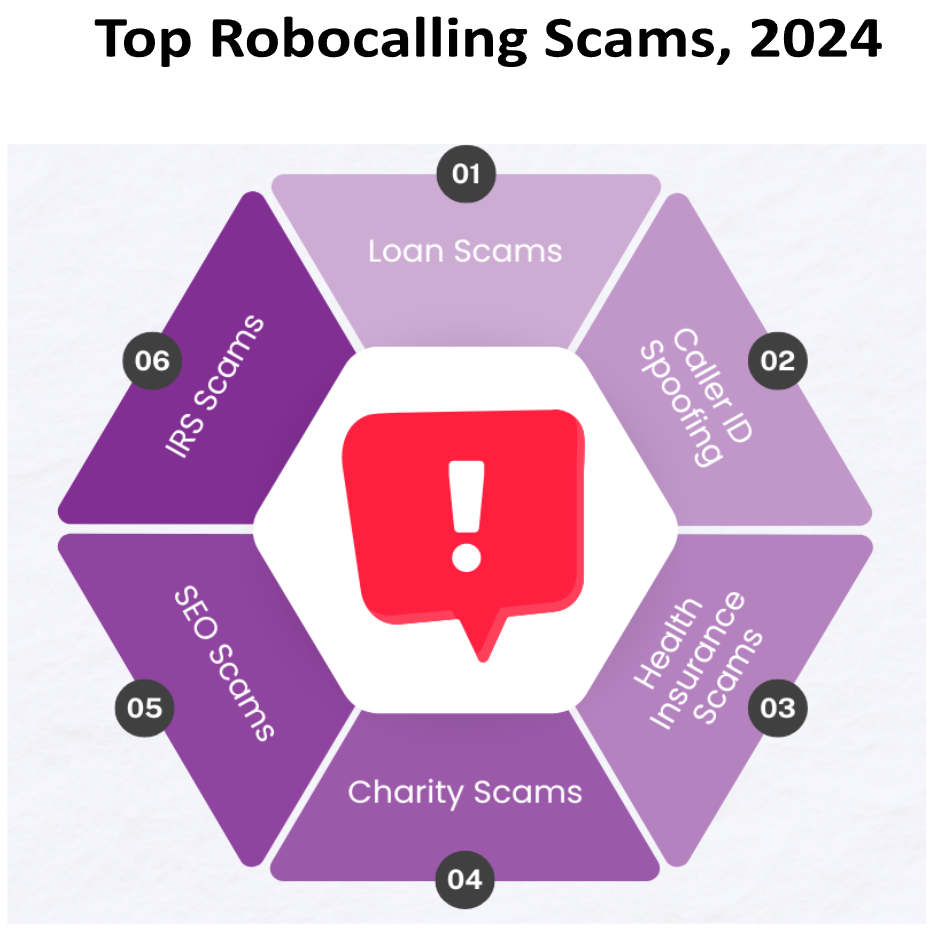In 2023, the FCC issued a record-breaking $299,997,000 fine for a vast robocalling scam involving auto warranties. According to the FCC, an international network of fraudsters placed over five billion robocalls to more than 500 million phone numbers in a three-month span. They used more than a million unique caller ID numbers to trick victims into answering the phone.
Those behind the attack were ultimately identified and fined, but those who unwittingly enabled the scam by not flagging the calls as fraudulent are also at fault. Much of the damage suffered by consumers could have been avoided if the communications service providers (CSPs) involved had been using a robust and real-time do-not-originate (DNO) service, such as Dynamic DNO.
The rising cost of voice/messaging fraud
Globally, about 8.4 trillion text messages are sent each year, with messaging fraud accounting for about 22% of all telecom fraud. According to findings from the Global Anti-Scam Alliance, scammers have siphoned away over $1.03 trillion globally in 2024 — a figure that rivals the GDP of some nations; the majority of losses are due to mobile voice and SMS/texting fraud. In the U.S., each successful attack costs the victim about $1,000; add the cost of voice call fraud, and the average loss balloons to more than $2,500 per incident.
Consumers aren’t the only ones paying the price. Mobile fraud costs CSPs, messaging and voice providers, identity and service providers and enterprises as well. Research from ENEA shows 61% of enterprises report significant losses due to messaging fraud. Yet, over 75% of enterprises don’t invest in SMS/voice spam protection or phone number intelligence data services. The reason? 51% of enterprise customers expect their CSP to protect them from mobile fraud.
The good news is that CSPs and enterprises have access to powerful tools that can help them fight back.

The critical role of Do Not Originate (DNO) services
A DNO service helps prevent fraud attacks by identifying phone numbers that are invalid, unallocated, unused or have been designated for inbound use only. It enables telecom providers to identify DNO numbers that are attempting to place an outbound call—a clear indication of an attack—and terminate the call. Over the years, DNO services have been shown to be effective in tamping down against many types of communications fraud.
That proven ability led the FCC to mandate that gateway providers for voice calls and wireless providers for text messages use at least one “reasonable” DNO service to identify and block calls from flagged numbers. In February 2025, the FCC expanded the DNO requirement to include all providers in the call path. In announcing the new requirements, the FCC reiterated the importance of DNO and added clarity on the use of DNO lists, noting that it does not mandate a specific DNO list, but rather allows providers to use any DNO list so long as the list is reasonable. Failure to remain compliant with the new protocols would allow the Enforcement Bureau to block all traffic from that provider. While DNO registries have certainly reduced some of the damage caused by robocalling scams, the fraud landscape is quickly evolving, requiring DNO service providers to develop more effective prevention capabilities.
Among the biggest challenges is the transient nature of mobile phone numbers. Phone number data is constantly changing as users modify their calling plans, new numbers are provisioned, and old numbers are retired. Therefore, it is critical that DNO services update their number data in near real-time. However, due to the lack of comprehensive information and the cost of continual data updates, many DNO service providers go weeks or months between data updates, putting carriers and their subscribers at risk.

The Solution: Dynamic DNO
netnumber’s Dynamic DNO service provides near real-time DNO status for any US number, text, as well as voice. The underlying data used to assess the DNO status of any phone number is continually being updated to reflect the constant change in status for hundreds of millions of phone numbers.
Constantly updating number data is a critical difference between static DNO lists used by other providers and netnumber’s Dynamic DNO service. Every time a customer cancels their service, relocates without porting their number, or when one telecom carrier merges with another, the data associated with those phone numbers no longer applies. Each year, approximately 37 million telephone numbers in the United States are reassigned to new subscribers—about 100,000 every day. It is not uncommon for a data provider to go for two weeks or more without updating the information on their DNO list. This could mean the data for at least 1.4 million numbers is incorrect or simply outdated.
By updating DNO data in near real-time, Dynamic DNO provides the most up-to-date status for any number in the U.S. This helps service providers meet evolving FCC requirements and protect their bottom line. Deployed as a lite API integration and delivered as an affordable managed service for any size communication provider, Dynamic DNO helps those in the communications ecosystem prevent fraud, promote trust and protect their customers.
Reliably and accurately identifying DNO numbers for voice calls is hard enough, but getting the same data for messaging numbers is even more challenging and not as available. This is where Dynamic DNO stands apart. Dynamic DNO uses an integration with the netnumber Services Registry® (nnSR®) to provide the most accurate and recent DNO status of phone numbers used to originate text messages. The nnSR® is North America’s authoritative registry for text messaging. It provides near real-time data for hundreds of millions of phone numbers and provisions tens of millions of text-enabled numbers every month.
As a result, the nnSR provides a single source of truth that enables Dynamic DNO to deliver the most up-to-date information regarding the text DNO status of every phone number.
In addition to CSPs, Dynamic DNO can be a vital resource in other industries most affected by phone fraud tactics like spoofing, including:
- Financial services
- Utilities
- Government
- Property/Casualty Insurance
- Health insurance
Dynamic DNO goes well beyond the FCC’s requirements for reasonable DNO sources, offering key benefits that keep providers ahead of evolving compliance needs.
Steve Legge, netnumber CEO
The benefits go beyond regulatory compliance. Dynamic DNO enables CSPs to evaluate and confirm the sender IDs of voice calls and SMS/MMS messages, helping to better manage traffic.
It’s Your Call
With the frequency and cost of phone fraud rising, you need to stay a step ahead of spammers and spoofers. Relying on static and outdated list-based DNO data is risky. Protect yourself with near-real-time updated DNO data from Dynamic DNO. It’s your call. Learn more about netnumber Dynamic DNO.

